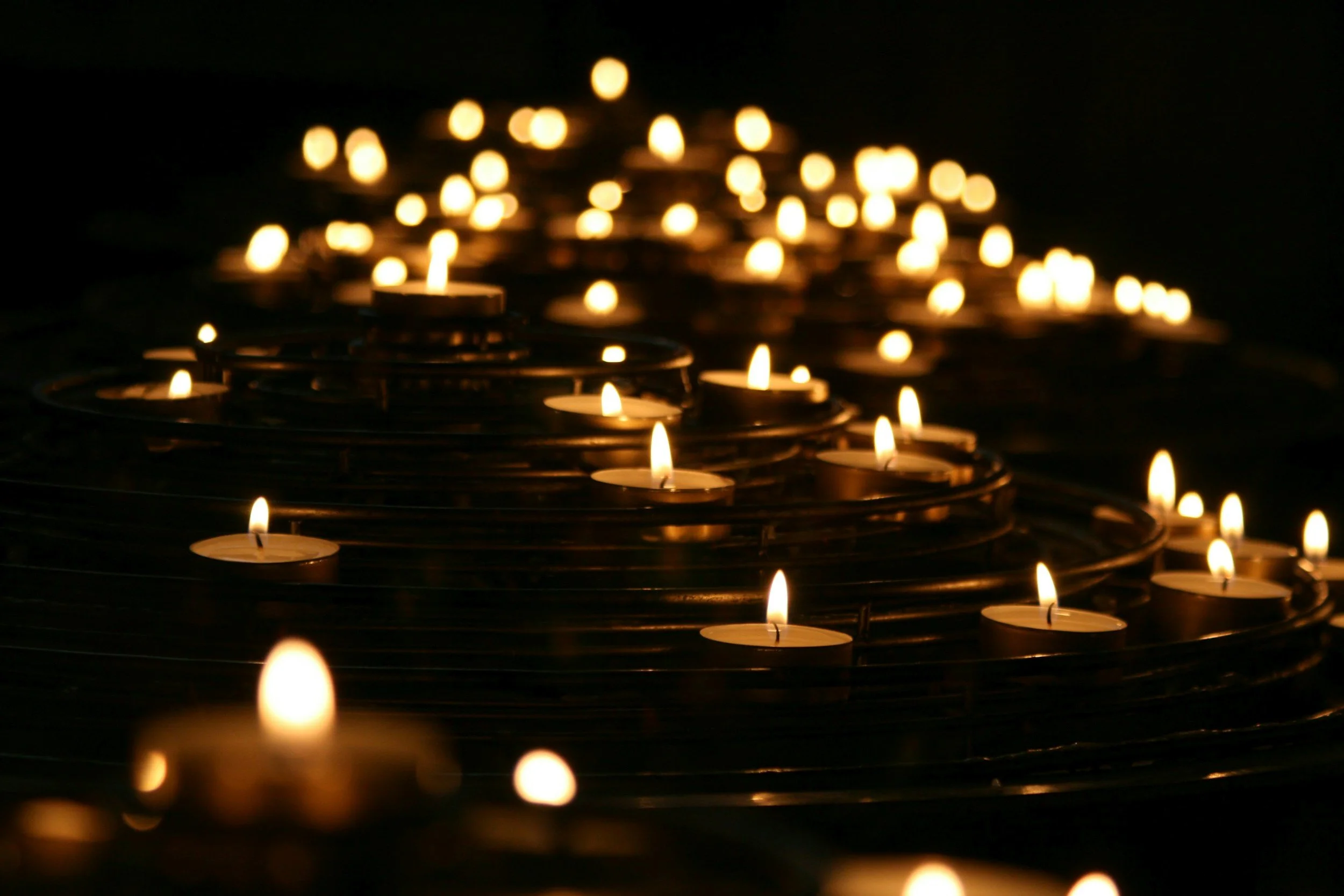When Witnessing the World Hurts: Moral Injury from Atrocity and Injustice
You were not there. You did not commit the harm. But you still feel it deep in your body.
You hear about mass graves. Ethnic cleansing. Genocide. Systemic cruelty that seems too monstrous to comprehend, and yet, it is real. And now, you can’t un-know it.
If you are feeling gutted, disoriented, or even physically ill from witnessing atrocities, even from afar, you may be experiencing moral injury.
What Is Moral Injury?
Moral injury happens when something you witness, or participate in, shatters your core sense of what is right and just. It is often discussed in military or religious contexts, but it also applies to civilians exposed to profound human suffering, especially when systems or institutions fail to intervene.
You might feel:
Nausea, rage, or despair after reading about genocide or state-sanctioned violence
Intense grief, helplessness, or shame over global injustice
A deep rupture in your worldview, in what you believed about humanity, goodness, or safety
Emotional shutdown or numbness because the pain feels too big to hold
This is not just “compassion fatigue” or burnout. It is a spiritual and ethical injury. One that leaves people questioning: How could this happen? and What kind of world are we living in?
The Trauma of Bearing Witness
Even if you are just watching from afar, your nervous system doesn’t always know the difference. If your identity is deeply rooted in social justice, spirituality, or community care, this kind of exposure can feel like a direct attack on your sense of purpose and safety.
You may find yourself:
Crying unexpectedly
Feeling rage or shame without knowing where to put it
Experiencing nightmares or intrusive thoughts
Questioning your role or responsibilities: Am I doing enough? Should I be doing more?
These reactions are normal responses to an abnormal reality. They reflect your capacity for empathy, not a flaw.
Neurodivergent Intense Empathy
If you are autistic, ADHD, highly sensitive, or otherwise neurodivergent, witnessing large-scale harm can be especially overwhelming. You may have heightened emotional sensitivity, deep justice-oriented thinking, or difficulty filtering out distressing stimuli. You might ruminate more, feel paralyzed by the injustice, or struggle to return to “everyday” life while others seem unaffected. Your intensity is NOT too much. It is information about how deeply you care.
Religious Trauma Survivor Retraumatization
For survivors of trauma, especially those raised in high-demand groups, witnessing human cruelty may also trigger spiritual flashbacks. Genocide, war, or persecution can echo past teachings about end times, martyrdom, or divine punishment. You might struggle with guilt, helplessness, or old belief systems. It is also worth noting that while it is absolutely normal to feel empathy, distress, and sorrow, the pressure from old belief systems like wanting to be a “savior” does not just disappear with deconstruction. And the reality is that sometimes we do not have the ability to change or “save” others from harm. This does not mean excusing injustice. It also does not mean doing nothing. Rather, it means being realistic about what your roles, capacity, and abilities are, as well as not expecting unrealistic goals for others in your community.
What Now?
There is no single fix, but here are some ways to care for yourself:
Acknowledge the injury. Name that what you are feeling is not weakness.
Regulate your nervous system. Trauma-informed therapy or somatic tools can help your body process what feels impossible to hold.
Reconnect with your values. What helps you feel like you again? Activism? Art? Stillness? Rebuilding your worldview in alignment with your ethics matters.
Engage in activism when possible. Taking action. Whether it is donating, volunteering, contacting representatives, or educating others, can restore some sense of agency. Start small, and only engage in ways that feel sustainable for your mental health.
Set boundaries with media exposure. Being informed does not require constant retraumatization.
Grieve. Yes, grieve. Mourn the lives lost, the innocence stripped, the ideals broken. Grieving is a radical act of honoring humanity.
If you are struggling with the emotional and spiritual weight of moral injury, especially as someone who cares deeply about justice, human rights, or peace, you are not broken. You are responding in a profoundly human way.
While therapy cannot fix the atrocities of the world; working with a therapist who understands your pain, your empathy, and devastation without pathologizing you can help you reconnect with your inner sense of purpose, and find ways to carry your compassion without being crushed by it.
Reach out to start therapy or to learn more.
Disclaimer:
⚠️ The content on this blog is intended for informational and educational purposes ONLY and should NOT be considered a substitute for personal professional mental health care, diagnosis, or treatment. Reading these posts does not establish a therapeutic relationship.
If you are currently in crisis, experiencing thoughts of harming yourself or others, or are in need of immediate support, please call 911 or contact a crisis line such as the Suicide & Crisis Lifeline at 988 (U.S.) or access your local emergency services.
These blog posts are written to explore topics like trauma, religious deconstruction, cults, identity development, and mental wellness in a thoughtful and compassionate way. They may (or may not) resonate deeply, especially for those healing from complex trauma, but they are NOT meant to replace individualized therapy or medical care.
